In the early hours of the opening day of the Two Sessions this March, two massive fireballs streaked across the night sky in Beijing, falling from the sky and exploding mid-descent. (Image from the internet)
[People News] According to reports from mainland China's state media, an astonishing meteor lit up the night sky over Beijing's Baihua Mountain in the early hours of January 4. Earlier, on January 2, Xinhua News Agency forecasted the peak of the Quadrantid meteor shower on January 3, the first of 2025. Was this an ominous warning in advance?
A meteor appearing in Beijing at the start of the new year is seen as a grave omen. Between March and September of 2024, Beijing witnessed three fireball events. On the morning of the opening day of the "Two Sessions" in March, two massive fireballs fell from the sky, exploding midair and emitting brilliant green light that illuminated the night.
On the night of April 20, an unidentified luminous object reportedly crashed into a vacant lot, changing colors before impact and bursting into flames upon landing. Some claimed it was a meteorite. On September 20, another fireball appeared over Beijing.
In the Records of the Grand Historian (Shiji), the Treatise on Heavenly Phenomena states, “When a star falls to the ground, it becomes a stone.” That is, a meteor that reaches the earth becomes a meteorite. Over 3,000 years ago, China recorded meteors and meteorites, with Taoist practitioners observing celestial phenomena to predict the rise and fall of dynasties, rulers’ lifespans, and other major state affairs. Meteorites are traditionally seen as harbingers of significant events or social upheaval, often interpreted as a sign of a prominent figure nearing the end of their life.
On March 8, 1976, a rare meteor shower occurred across a 500-square-kilometer area in Jilin City and Yongji County, with the largest meteorite now displayed in the Jilin Museum. Folk belief associates meteor showers with the impending demise of significant figures. Indeed, that year saw the deaths of Zhou Enlai, Zhu De, and Mao Zedong. Countless smaller meteor fragments coincided with the catastrophic Tangshan earthquake on July 28, which claimed hundreds of thousands of lives.
Recently declassified information reveals that Mao Zedong feared falling meteorites. When asked by Meng Jinyun why meteorites fell, Mao replied, “These events are not uncommon in history, both in official and unofficial records. In Chinese belief, this is called 'Heavenly-Human Resonance.' It suggests that major changes on earth are signaled by natural phenomena, warning people in advance—auspicious for good events, ominous for bad ones.” Mao, visibly shaken, added, “When the earth trembles and stones fall from the sky, it means people will die. In Romance of the Three Kingdoms, meteors and broken flags marked the deaths of prominent figures like Zhuge Liang and Zhao Yun. Famous people are extraordinary.” Perhaps Mao was contemplating his own fate, and indeed, he soon passed away.
In February 1997, a meteor shower over Heze, Shandong, was followed four days later by the death of the CCP’s second-generation leader, Deng Xiaoping.
In July 2024, rumors emerged of a stroke affecting the CCP leader after the Third Plenum, amid growing signs of diminished authority within the party and military. With the economy in decline, unemployment rising, and people struggling to make ends meet, societal crises are intensifying, and public sentiment has turned increasingly against the CCP. Compounding this, Donald Trump, a staunchly anti-CCP figure, will be inaugurated as U.S. president on January 20, likely escalating sanctions against the regime. What kind of turmoil will this bring to Chinese society? What shifts might occur within the CCP? And which major political figure could be on the brink?
On December 31, Biggs, the American who accurately predicted the assassination attempt on Trump, shared another vision he claimed to have received from God. He described a direct confrontation between the U.S. and the CCP over the Panama Canal. He likened the CCP to a "red dragon" in another dimension, while Trump, akin to a circus lion tamer, wielded a whip to battle the dragon directly.
Undoubtedly, Trump's presidency will bring unimaginable changes to both the U.S. and China. The heavens seem to have already signaled these upheavals through meteors and other phenomena. Could 2025 be the year of a regime change in China?
(First published by People News)

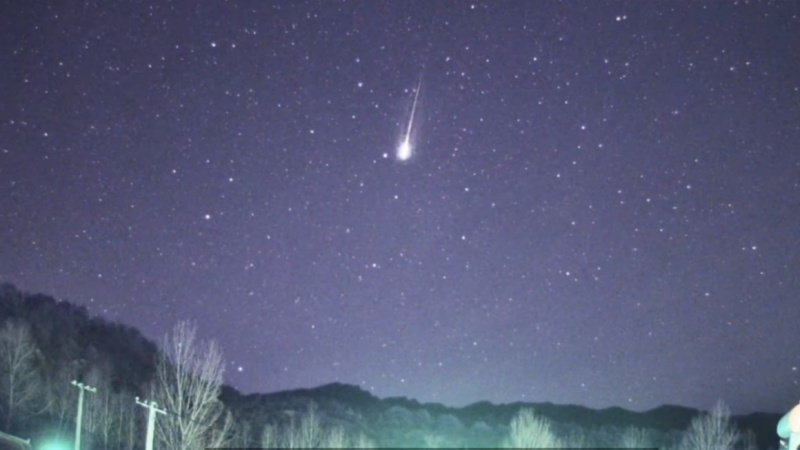
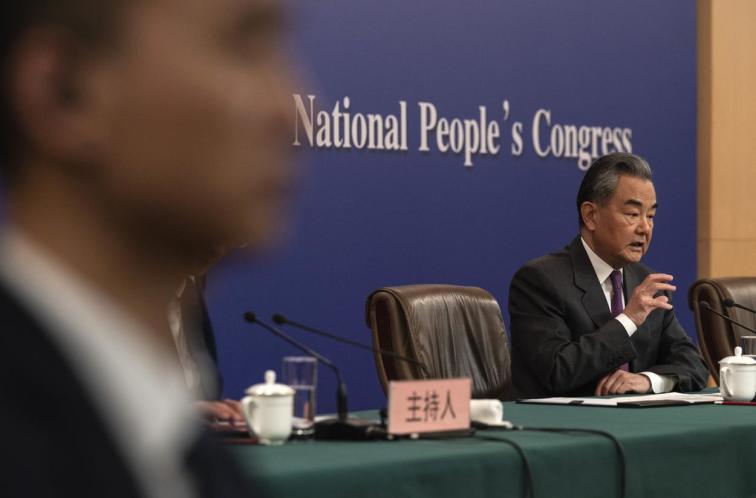
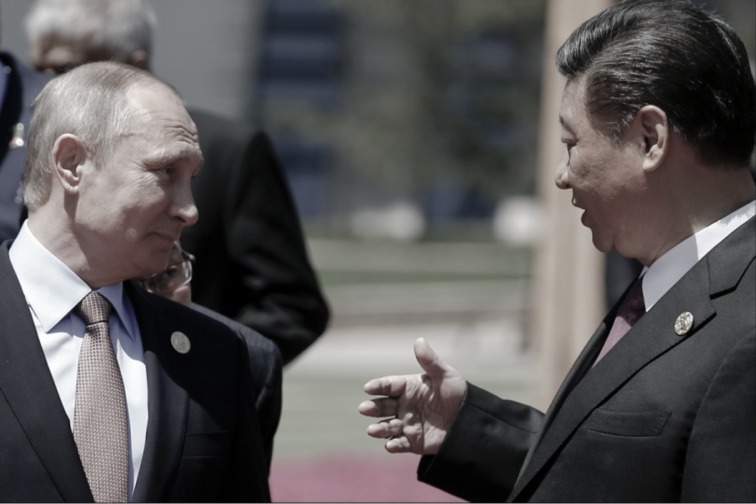



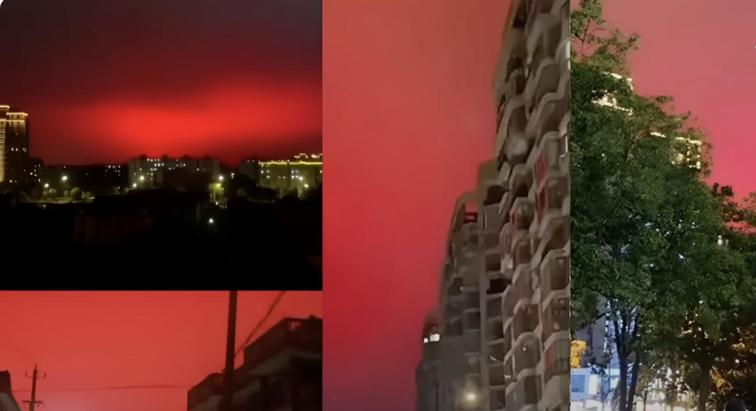

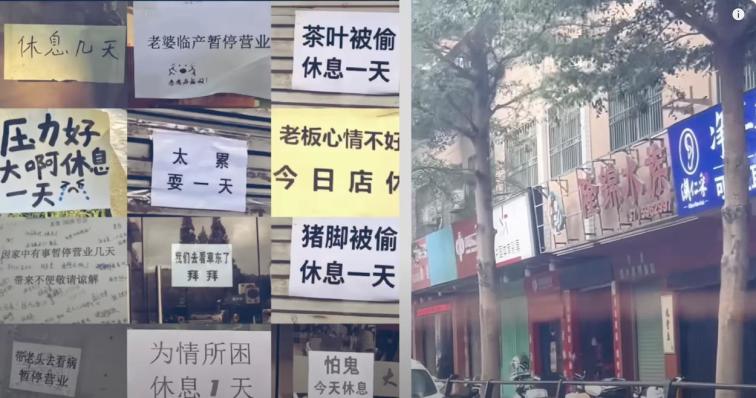

News magazine bootstrap themes!
I like this themes, fast loading and look profesional
Thank you Carlos!
You're welcome!
Please support me with give positive rating!
Yes Sure!